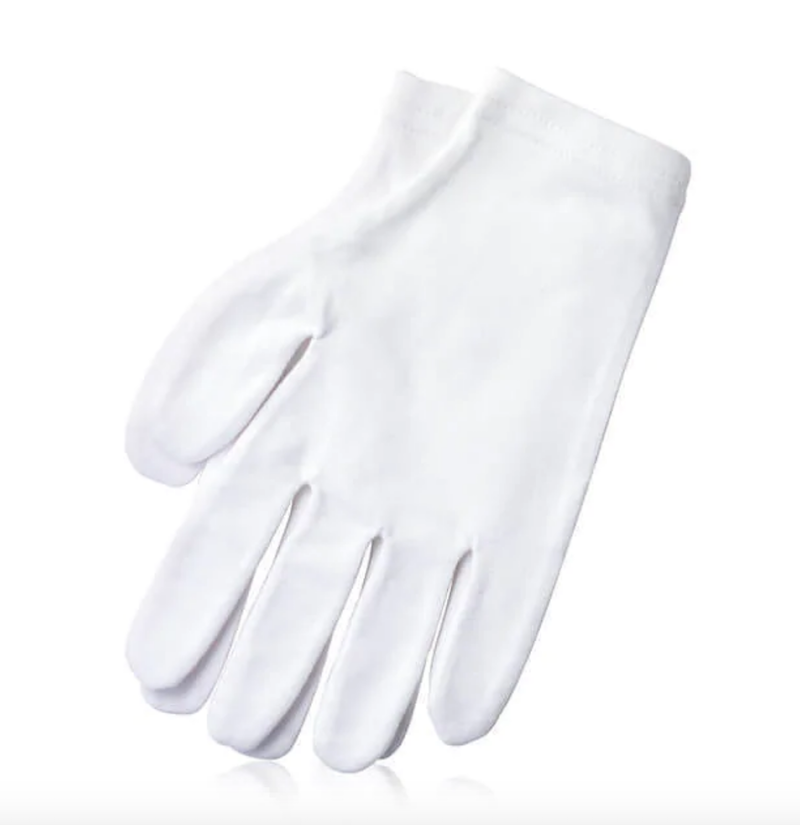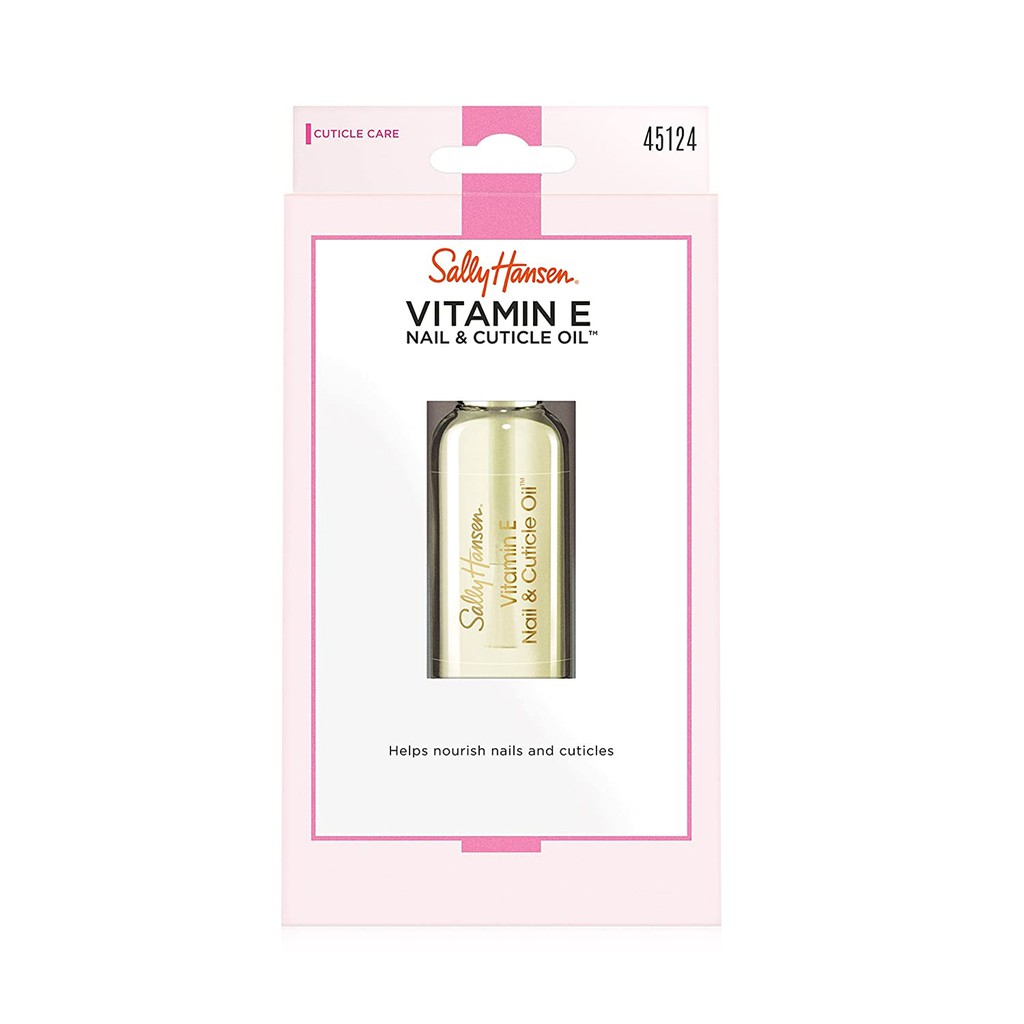Tips to ensure smooth and soft hands because hand-washing is a thing now

It’s 2020, we’re in the middle of a pandemic and the new norm is washing your hands with soap and water for at least 20 seconds multiple times a day. Even if we’re not touching soap and water, we’re reaching for alcohol-based hand sanitisers to disinfect our hands.
This becomes more frequent if you’re a germaphobe or work in an environment that requires strict sanitation and hygiene standards such as the hospital or a childcare centre. The result is you’re healthy, but the skin on your hands is dry, rough and possibly cracking.
While washing and disinfecting your hands repeatedly is great way to stay healthy and keep loved ones around us safe, it can be damaging to the skin barrier. Suds created by the soap wash away dirt, bacteria and germs, and along with it the skin’s natural oils that keep it soft and healthy.
This can leave you with skin that is dry and scaly. Washing hands with hot water and using anti-bacterial soap can make matters worse leading to painful, itchy cracks. If that’s a predicament you’re currently facing or want to avoid, keep reading as we share with you seven tips to rescue your dry, cracked hands.

Traditional soap tends to be made with harsh surfactants (think SLS/SLES) and has a pH too alkaline for our skin. This results in dry, cracked skin. Soap-free cleansers, on the other hand, have a gentler formulation that is as effective in combating harmful pathogens (20-second rule still applies).
The Ceradan Moisturising Wash, $29.90 also includes ceramides, fatty acids and cholesterols to nourish and repair the skin.

Ingredients such as fragrance and denatured alcohol can irritate the skin further. So after washing your hands, we recommend patting it dry with a towel (not rubbing, as the friction can cause mechanical damage) and finishing with a sensitive skin-friendly hand cream such as the Ego QV Hand Cream, $7.90.
It is pH balanced and contains moisturising and nourishing ingredients including glycerin and paraffin.

Repeated bouts of washing and sanitising can create painful cracks on the skin, especially if you haven’t been taking care of your hands. The solution is to plug these fissures with petroleum jelly, which is inert and hypoallergenic, before putting on gloves to prevent it from getting everywhere.
Vaseline Pure Petroleum Jelly, $4.20 is an inexpensive option.

Speaking of wearing gloves, these accessories are great to help the hand cream deeply penetrate the skin without getting it all over your appliances and surfaces. Use a pair of gloves like The Body Shop Moisture Gloves, $16 after you’ve applied hand cream before heading to bed for an intensive overnight treatment.

If you want something more immediate and fuss-free, use a hand mask. Think of these as facial sheet masks but for the hands. The Mediheal Line Theraffin Hand Mask, $3.90, contains skin-loving ingredients including paraffin, shea butter, argan oil, niacinamide and ceramide to deeply nourish battered hands.

Don’t forget about your cuticles too. They are a delicate area that can get dry and cause painful peeling. Peeling the chapped cuticles would only result in a bloody and excruciating scene like Natalie Portman in Black Swan.
Prevent that from happening by using Sally Hansen Vitamin E Nail Cuticle Oil, $12.50 to nourish and soften the skin and strengthen the cuticles and nails.

To reduce any negative effects from washing and sanitising our hands, we should first limit our exposure to water and harsh chemicals that can further exacerbate the problem. So as much as possible wear waterproof gloves when you’re cleaning and disinfecting the space around you.
This includes any activities where you need to be hands-on such as doing the dishes or gardening.
All our picks are independently selected and curated by the editorial team. If you buy something we link to, we may earn money. But we only recommend products we love. Promise.
This article was first published in CLEO Singapore.